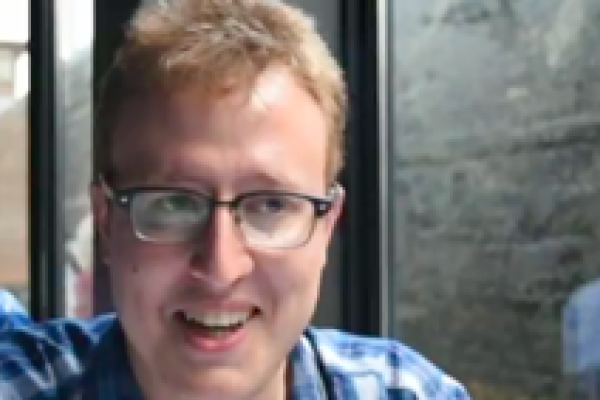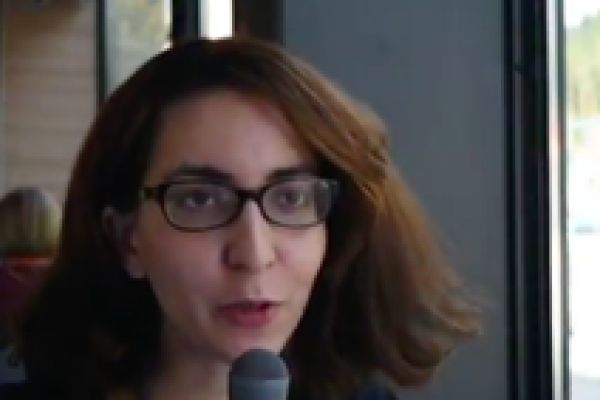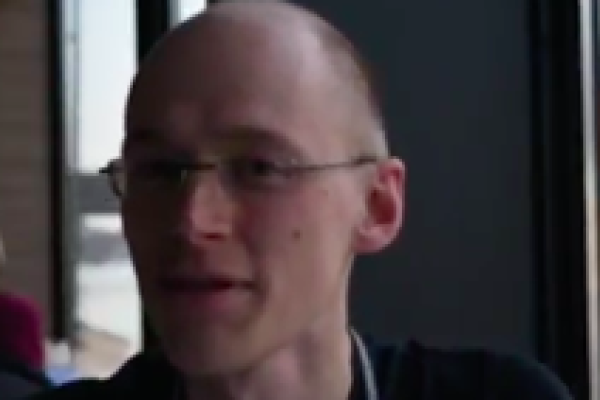Article


Maths on a boat: Demian Nahuel Goos
PhD student Demian Goos talks to us about his work on qunatum mechanics.


The "quantum mechanic" talks about how quantum computers might impact society and the limits of measurement.





